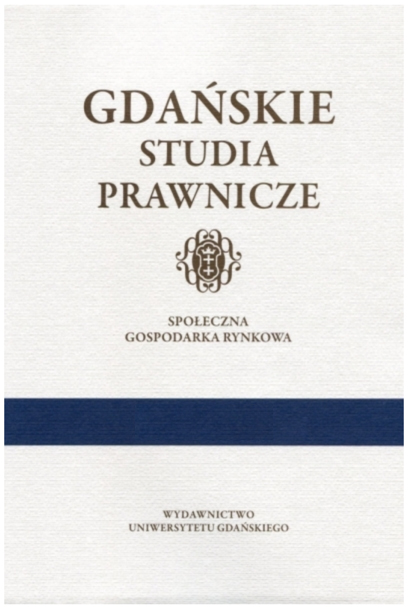Własność intelektualna na tle teorii sprawiedliwości Johna Rawlsa
Intellectual property against the Background
of John Rawls’s theory of Justice
Author(s): Maciej BarczewskiSubject(s): Human Rights and Humanitarian Law, Economic policy, International relations/trade, Law on Economics
Published by: Wydawnictwo Uniwersytetu Gdańskiego
Keywords: intellectual property; international trading system; economic benefits;
Summary/Abstract: There is no doubt that the protection of intellectual property has become one of the pillars of the international trading system. Taking into account the normative dimension it should be noted that the existing and drafted legislation governing intellectual property assigns a premier role to the function of achieving economic benefits from the disposition and the use of intellectual property. Hence, the general standards of intellectual property law reflect the intention of protecting mainly the interests of entities from industrialized countries. Consequently, intellectual property and the shape of its protection have important repercussions in the sphere of social relations.According to the Author, the existing theories, particularly the theory of John Rawls do not answer the questions whether and what kind of intellectual property rights can be considered fair. They also do not fully reflect diverse, often contradictory, values justifying the existence of intellectual property. It is advisable, therefore, to develop a universal theory of justice that would take into account the specifcities of the intangible nature of intellectual property, in particular intellectual property distributed in the form of digital recording.
Journal: Gdańskie Studia Prawnicze
- Issue Year: 2016
- Issue No: XXXV
- Page Range: 75-82
- Page Count: 8
- Language: Polish

